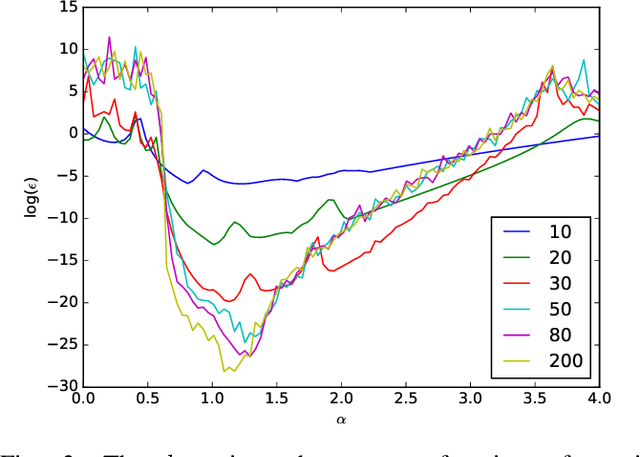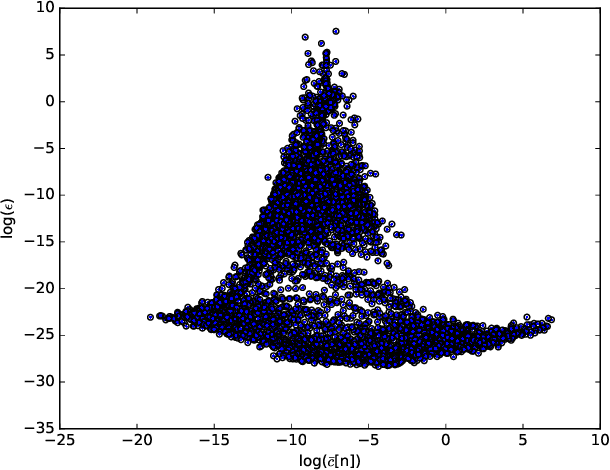Learning to Solve AC Optimal Power Flow by Differentiating through Holomorphic Embeddings
Paper and Code
Dec 16, 2020



Alternating current optimal power flow (AC-OPF) is one of the fundamental problems in power systems operation. AC-OPF is traditionally cast as a constrained optimization problem that seeks optimal generation set points whilst fulfilling a set of non-linear equality constraints -- the power flow equations. With increasing penetration of renewable generation, grid operators need to solve larger problems at shorter intervals. This motivates the research interest in learning OPF solutions with neural networks, which have fast inference time and is potentially scalable to large networks. The main difficulty in solving the AC-OPF problem lies in dealing with this equality constraint that has spurious roots, i.e. there are assignments of voltages that fulfill the power flow equations that however are not physically realizable. This property renders any method relying on projected-gradients brittle because these non-physical roots can act as attractors. In this paper, we show efficient strategies that circumvent this problem by differentiating through the operations of a power flow solver that embeds the power flow equations into a holomorphic function. The resulting learning-based approach is validated experimentally on a 200-bus system and we show that, after training, the learned agent produces optimized power flow solutions reliably and fast. Specifically, we report a 12x increase in speed and a 40% increase in robustness compared to a traditional solver. To the best of our knowledge, this approach constitutes the first learning-based approach that successfully respects the full non-linear AC-OPF equations.
 Add to Chrome
Add to Chrome Add to Firefox
Add to Firefox Add to Edge
Add to Edge